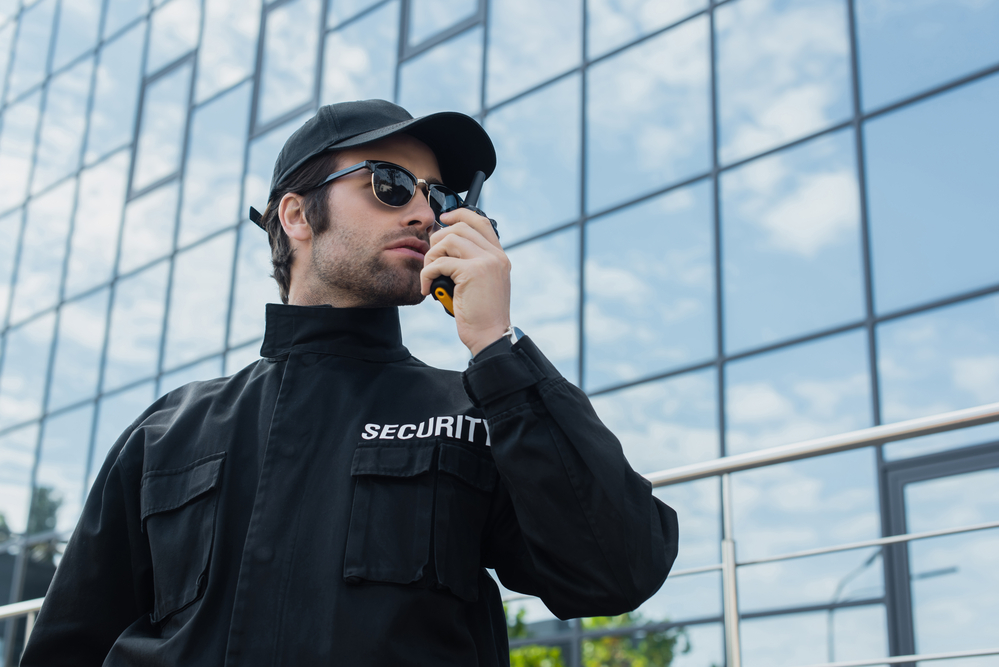In the United Kingdom, the distinction between licensed and unlicensed security roles is a critical aspect of the security industry, governed by the Security Industry Authority (SIA).

The SIA is responsible for regulating the private security industry as part of the Home Office, ensuring that individuals working in specific security roles are appropriately qualified and licensed.
This distinction not only helps in maintaining high standards across the sector but also protects the public by ensuring that those in security roles are properly trained and vetted. Here, we explore the nuances between licensed and unlicensed security roles, shedding light on the importance of these regulations in the UK’s security landscape.
The Importance of SIA Licensing
SIA licensing is mandatory for individuals undertaking certain roles within the private security industry.
The aim is to ensure that professionals working in sensitive and critical security positions are adequately trained, qualified, and vetted.
Licenses are typically required for roles that involve manned guarding, including door supervision, security guarding, close protection, cash and valuables in transit, and public space surveillance using CCTV. Additionally, key holding services also fall under the remit of SIA licensing.
Licensed Security Roles
Licensed roles are those that directly impact the safety and security of people and property and where there is a direct interaction with the public or control over access to venues or sites.
Door supervisors, for instance, are not just tasked with controlling entry to a venue but also with ensuring the safety of those inside. Similarly, close protection operatives (bodyguards) are licensed due to the personal nature of their protective services.
The licensing process involves completing approved training courses, passing a background check, and meeting other criteria set by the SIA.
The significance of licensing in these roles cannot be overstated. It ensures a minimum standard of training and professionalism, which is essential for tasks that can involve dealing with conflicts, emergencies, and protecting vulnerable individuals.
Unlicensed Security Roles
Unlicensed roles, on the other hand, are those that don’t directly involve front-line security tasks as defined by the SIA. This can include positions such as security managers who are responsible for overseeing security operations but do not engage in the licenced activities themselves.
Other examples might include staff involved in the manufacturing, selling, or maintenance of security equipment.
While these roles are crucial for the overall efficacy of security measures, they do not require an SIA license because they do not directly interact with the public in a security capacity or are not in positions where they control or manage access to secured sites.
The Grey Areas and the Importance of Compliance
It’s worth noting that the line between licensed security officers and unlicensed roles can sometimes seem blurred, especially in positions where individuals may occasionally undertake tasks that fall under the licensable criteria. Employers in the security sector must be diligent in ensuring that their staff are appropriately licensed for the roles they are performing to remain compliant with SIA regulations. Failure to do so can result in significant fines and reputational damage.
